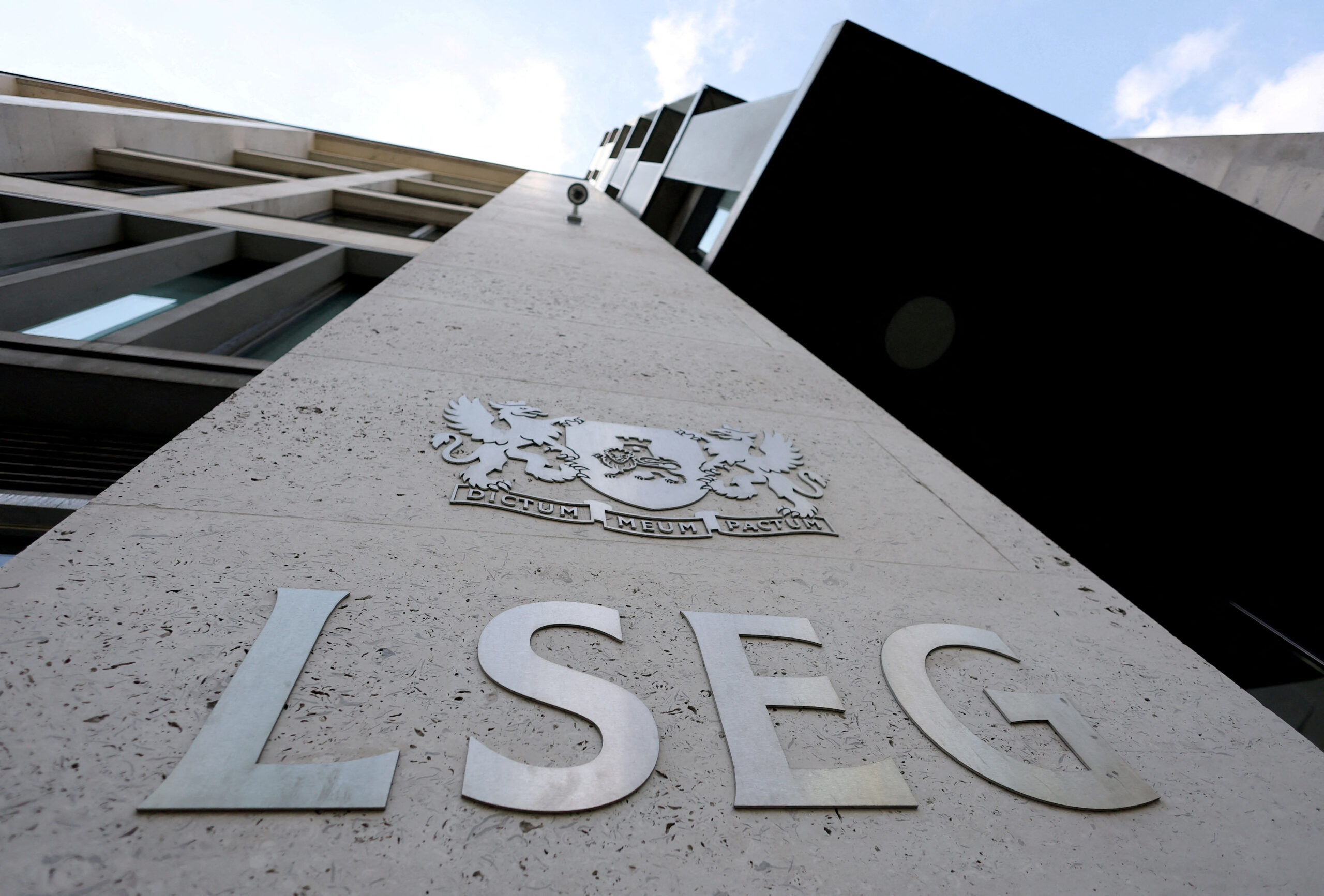Influential OpenAI Researcher Hired by Meta To Collaborate On AI Reasoning Models
Meta has employed Trapit Bansal, a highly influential OpenAI researcher, to collaborate on its AI reasoning models as part of its new AI superintelligence unit.
Bansal’s LinkedIn page indicates that he departed OpenAI in June, as confirmed by OpenAI spokesperson Kayla Wood in an interview with TechCrunch.
Bansal has been employed by OpenAI since 2022 and was instrumental in the company’s initial efforts to develop reinforcement learning, working in conjunction with co-founder Ilya Sutskever.
He is recognized as a foundational contributor to OpenAI’s initial AI reasoning model, o1.
Bansal has the potential to significantly enhance Meta’s AI superintelligence lab, which is led by former Scale AI CEO Alexandr Wang and is in the process of recruiting former GitHub CEO Nat Friedman and Safe Superintelligence co-founder Daniel Gross.
Bansal could assist Meta in the development of a frontier AI reasoning model that is competitive with industry-leading technology, such as OpenAI’s o3 or DeepSeek’s R1.
Currently, Meta does not provide an AI reasoning model for public use.
Mark Zuckerberg has been on a recruiting frenzy in recent months to establish Meta’s new AI team. He is offering $100 million compensation packages to top researchers who join his company.
The specifics of the agreement regarding Bansal’s participation are unclear.
However, it appears that Zuckerberg has succeeded in recruiting the most distinguished AI researchers.
The Wall Street Journal reported on Wednesday that three additional former OpenAI researchers, Xiaohua Zhai, Alexander Kolesnikov, and Lucas Beyer, have also joined Meta’s AI superintelligence team in recent weeks.
According to Bloomberg, Bansal will be joining them, as well as former Google DeepMind researcher Jack Rae and former machine learning leader at the startup Sesame, Johan Schalkwyk.
In a recent podcast, OpenAI CEO Sam Altman stated that Meta has been attempting to recruit his startup’s top talent. However, he also stated that “none of our best people have decided to take him up on that.”
A spokesperson for Meta declined to provide an explanation.
AI reasoning models are a critical area for Meta’s AI superintelligence team to master. In the past year, OpenAI, Google, and DeepSeek have released highly performant AI reasoning models that have redefined the capabilities of software.
By training AI models to solve problems before providing an answer, AI labs have successfully enhanced AI’s performance on benchmarks and real-world tasks, utilizing additional time and computing resources.
Meta’s AI superintelligence lab has the potential to become a critical internal organization that drives the company’s products, similar to Google’s DeepMind unit.
Under the leadership of Clara Shih, the former CEO of AI at Salesforce, Meta is making a significant effort to create AI agents for business. To achieve this, Meta must create cutting-edge AI reasoning models.
Meta aspires to gain an advantage in the AI contest by incorporating Bansal and other prominent AI researchers.
However, this may prove challenging due to OpenAI’s intention to release an open AI reasoning model in the near future, which could exacerbate Meta’s open AI offerings.
news via inbox
Get the latest updates delivered straight to your inbox. Subscribe now!




